Winterize A Garden, 6 Tips and Tricks You Need To Know
Do you know how to winterize a garden? I have 6 tips you need to know to help you prepare for winter, and get ready for spring.
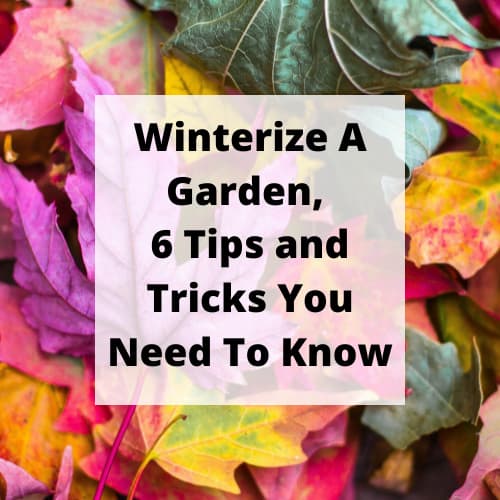
How do I winterize my vegetable garden?
- Start by picking any produce you have left.
- Disguard the remaining plants, and be sure to burn them or place them in the trash if they are diseased.
- Prune perennials
- Clean out any weeds
- Detach hoses and sprinkler lines
- Blow out sprinklers
- Cover beds with straw or mulch.
How do you store vegetables after harvesting?
I place some vegetables like squash and potatoes in our basement and they can keep in that cool and dark environment for a month or two.
I like to freeze many of our vegetables and here is how I do each of them.
- Tomatoes – chop them and freeze them in plastic containers to use in place of 1 can of tomatoes at the store
- Green Beans – wash, trim, and place in a baggie
- Carrots, Celery, Potatoes – peel, slice, and place individually in baggies, or together marked for soup/stew.
- Apples – peel and slice, and place in a baggie. Other wise I make homemade applesauce in a crockpot and freeze the applesauce in containers and freeze.
- Herbs – wash, prep, place in a baggie to freeze
I have made recipes in advance like soups and stews, and then freeze them for grab-and-go meals in the winter.
Many people like to can their vegetables as they don’t take up storage space in the refrigerator or freezer.
Should I cover my garden with plastic for winter?
I don’t recommend covering your garden with plastic so that you can protect the important things in the soil like earthworms, helpful insects, and allow water to soak in. I recommend covering your garden lightly with mulch, leaves, hay, or other natural covers that allow the ground to freeze.
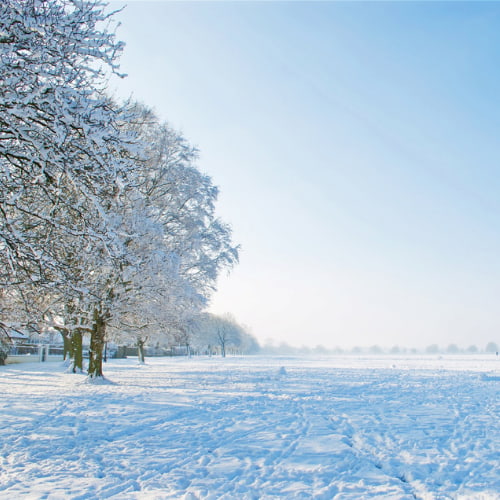
How To Improve Garden Soil Over the Winter
- If using a strawbale garden, you can compost them, disguard them, or use them somewhere else in your yard. You’ll be starting with fresh bales in the spring and won’t need to amend anything.
- If you are gardening in soil, you can add fertiziler, manuer, and till it into your soil. You can place mulch or leaves over the top of your garden to protect it but allow the ground to freeze killing off disease, and spors.
When should I start winterizing my garden?
The best time to start cleaning out your garden is right before a hard freeze. If you know low temperatures are on their way you can head out and pick any product that’s left and ripen it in your home. You can also clear your sprinkler lines to prevent breaking which will save you a lot of work in the spring.
Do you need to know when things might freeze in your area? Check the Almanac
When to Prepare your garden for spring
- During the cold winter months, you can order your seeds for the next season.
- Start growing the seedlings in late winter.
- Map out your garden plants.
- A couple of weeks before you want to plant it’s time to get your garden ready for spring. At that time you’ll want to add nutrients, test your soil, till it, and remove all of the weeds that have had time to grow.
More Winterizing Tips
- Watch for cold temperatures and freezing temperatures and cover crops (especially tender plants) to protect them from ground freezes. You can buy row covers or cover plants to protect them from cold weather individually.
- Remove seasonal plants and dead plants and add them to a compost pile as they’ll turn into organic matter that you can put back into flower beds in the spring and support your new plants as they grow next spring.
- Start planning your next growing season garden for next year during the winter season. Think about crop rotation for nutrients for future plants. It’ll give you something to look forward to, and you won’t be scrambling last minute in the spring.
- Build your raised bed for plants ahead of time, even in late fall while the weather is good for the upcoming season.
- Place a thick layer of mulch around your gardens, this stops weeds from coming up around your garden.
- We place dead leaves in our garden and till them in in the spring, this will keep the invasive weeds down.
- Place landscape fabric over your vegetable garden beds in the winter, it’ll raise the soil temperature keep the weeds down as well as cook out anything you don’t want in your garden (like insect eggs, and leaf mold).
- Protect your perennial plants, and know when to trim them for continued growth.
- You can start making soil amendments in the fall, and or take note of what you might need to do in early spring.
- Watch your fruit trees and small trees and when you get heavy snow, you might want to head out and remove it from branches to protect them from breakage.
- Remove any invasive plants, while they’re drying up and dying it’s a great time to remove them and or kill them.
- When planting tender bulbs make sure to bury them deep enough to protect them from colder weather and the first freeze.
- Blow out your irrigation system during the cool weather but before the first hard freeze to protect them from cracking and breaking during harsh winter
Shop any of these stores and I receive a small commission at no cost to you.


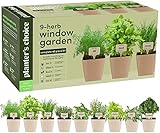


Now check out these amazing garden posts from my friends!
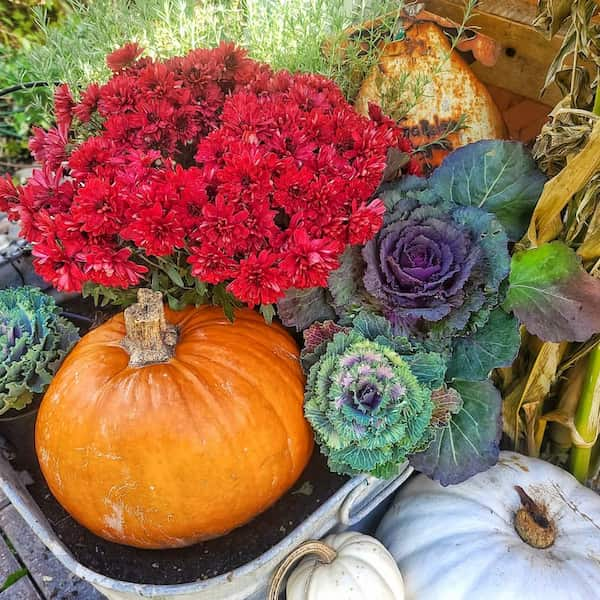
9 Fall Plants That are Perfect For Container Gardens – Shiplap and Shells
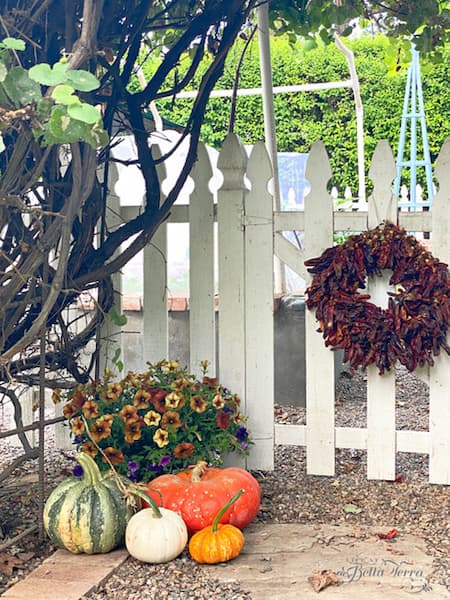
October Gardening Update – Life at Bella Terra
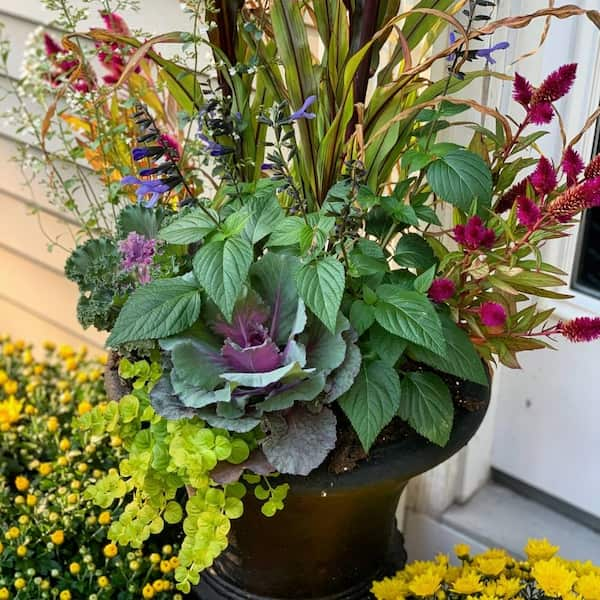
19 Easy to Find Plants for Fall Garden Containers – Bricks n Blooms
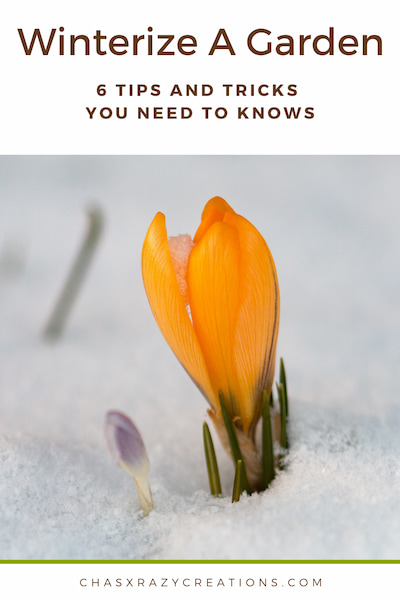
Check out some of my other gardening posts!



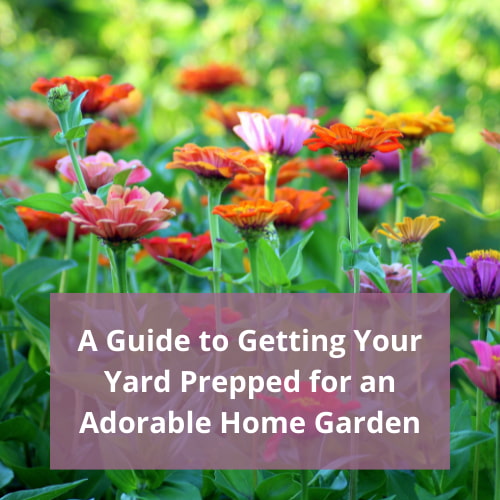

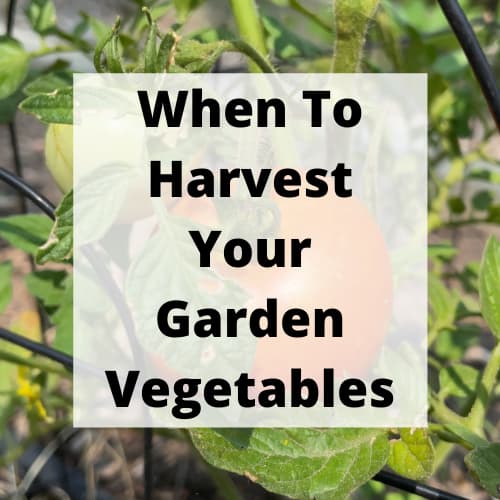
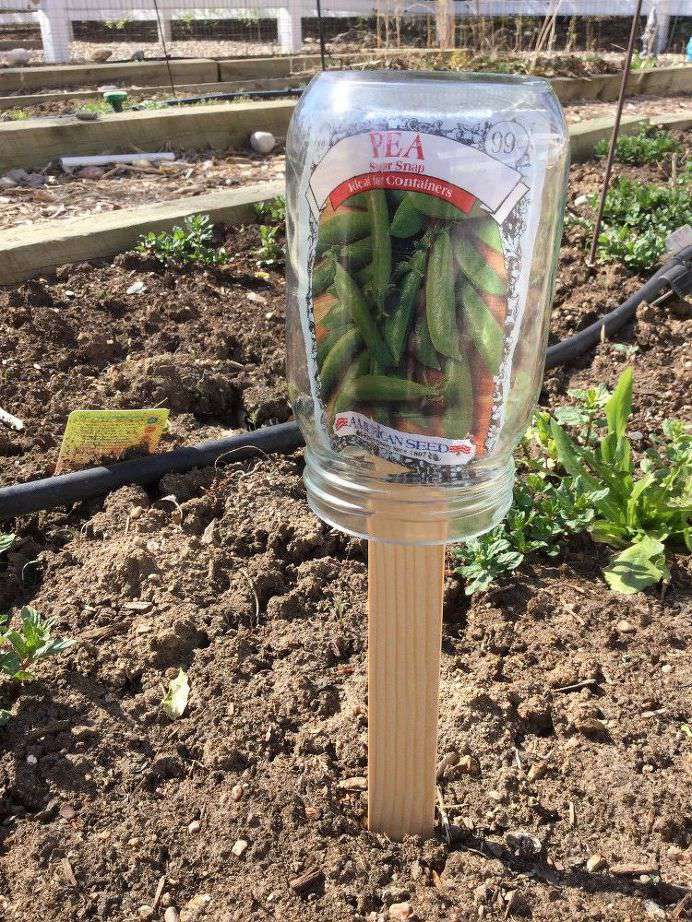
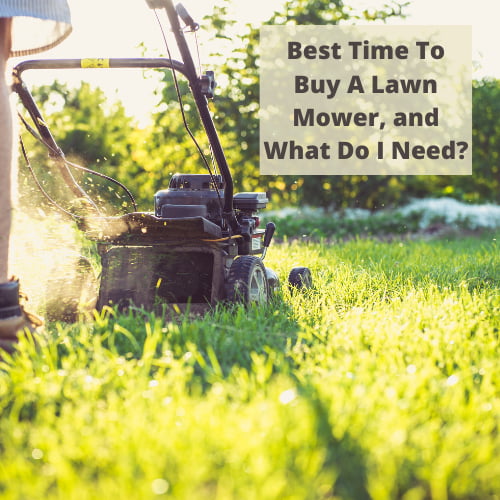

I love to see what is happening in other places around the country. Great tips Chas!
Wow I can’t believe you are already wrapping things up for the winter there! It’s so cool to see how different each area we are in is each month. Love it!